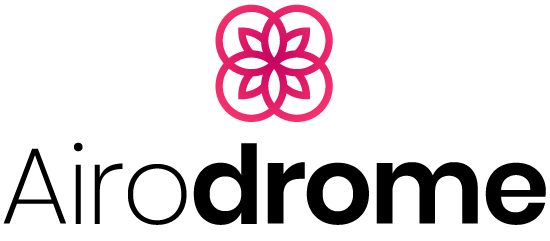Time to Level Up Your Event Platform

Time to Level Up Your Event Platform
The events industry is constantly changing. This means that marketing and event leaders need to keep a close eye on trends and take frequent feedback from their attendees. They can also use an event platform for building great events and meeting business goals.
Forrester Consulting conducted a study on behalf of Cvent entitled “Level up Your Event Platform’s Capabilities” to shed some light on the global event and marketing industry leaders and what they are observing.
The importance of events in achieving business goals
events are becoming more important as they become digital and have a greater impact.
According to the survey, most respondents stated that events were crucial in achieving top business goals, including:
- Increased revenue (80% say that events are critical),
- Improving customer satisfaction (75%).
- Improve efficiency (69%).
- Improve business agility (78%)
- Accelerating digital transformation efforts (81%).
As these are organizational-wide goals, events can impact more internal stakeholders as teams work to achieve these goals. According to the study, 67% of respondents said that more stakeholders now rely on technology for events than three years ago.
Sales teams, which are now more involved in events than they were two years ago, have seen the biggest change. 62% of respondents say that their sales teams are now more complicated.
How can you make sure that your event program will help achieve the goals of your teams and your business’s overall objectives with so many stakeholders using events?
Different event formats for other goals
Each event format has its advantages that can help achieve specific goals. Think about your priorities first, and then choose the event formats that will help you accomplish each goal.
The top goals that leaders believe each event format will help them achieve:
In-Person Events: Deepen relationships and accelerate sales cycles
According to the survey, respondents stated that live events were most important for:
- Increased engagement of attendees (71%).
- Lead generation: improving lead generation (58%)
- Customer relationship strengthening (51%)
Virtual Events – Deepen understanding of customers and employees
The respondents said that virtual events were most important for:
- Customer relationship strengthening (54%)
- Understanding customer needs better (51%)
- Understanding employee needs better (51%)
Webinars: Drive revenue and adoption
The respondents said that webinars were most important for:
- Driving revenue (48%)
- Increased product adoption (48%)
- Supporting Partners and Sponsors (47%)
Hybrid events – communicating with large audiences
The respondents said that hybrid events are the most important for:
- Brand awareness is increasing (48%)
- Recruitment of employees or business partners (47%)
- Product adoption rises (46%)
Many leaders are interested in hosting a hybrid event to host large external events that relate to brand awareness/building (54%), executive meetings (46%), or user/customer conferences (44%).
Most leaders prefer hybrid events to host large events such as annual sales training (56%), product launches (52%), or team/department meetings (51%).
The Event Tech Challenges Organizations Face
Event technology is a major challenge for organizations. The good news is? The good news?
The study found that more than a third of respondents said their organization uses six or more technology or service providers to host events, and 40% said they use between three and five solutions.
Why is this a problem? Data. Event Data is spread out and becomes unusable the more tech solutions event professionals utilize to bring events to life.
Respondents reported that 59% of respondents struggled to capture the correct attendee data and that most struggled to leverage their data to support their stakeholders, including customers (57%), Sales (53%), and Marketing (47%).
Organizations struggle to meet their needs when it comes to measuring the value of their events. Their current event tech stacks are not able to do so. To begin with, organizations need to consolidate their technology into a one-stop event platform in order to have all of their data in one place.
Four Key Takeaways to a Successful Event Programme
How can you incorporate these trends and challenges into your event planning strategy? Here are some key takeaways for event leaders to help them build a successful event program that will achieve their business goals.
1. Start with KPIs
Events are a key part of helping an organization achieve its goals. However, event leaders need to consider the objectives and KPIs when developing a strategy for their event programs.
2. Include digital elements in your events
Even in-person events now have digital components.
This can be beneficial to event leaders who are looking for deeper engagement. But it is not only about your data. Attendees expect more interactive experiences.
According to 77% of study respondents, attendees expect more digital features today than they did just a few short years ago. This includes on-site digital capabilities such as event apps, check-in abilities, and virtual attendee features, like on-demand watching.
3. Track Data Across Your Entire Event Program
Only 42% of respondents are tracking cost and performance for all events. This will change in the future.
- 76% of respondents said that they are expecting to invest in a solution that will meet all their event needs
- 81% of respondents said that investing in a platform that supports all event formats was crucial for enabling a holistic view of the event program’s performance.
4. Consolidating Event Tech into One Event Platform
You’re not the only one if your event tech is split between three, four, or more than ten tech solutions. But you could be in the near future.
In 2020 and 2021, they will be planning events; 82% said that point solutions are their main focus. However, as the years progress, 42% have already made a comprehensive set of solutions their top priority.

